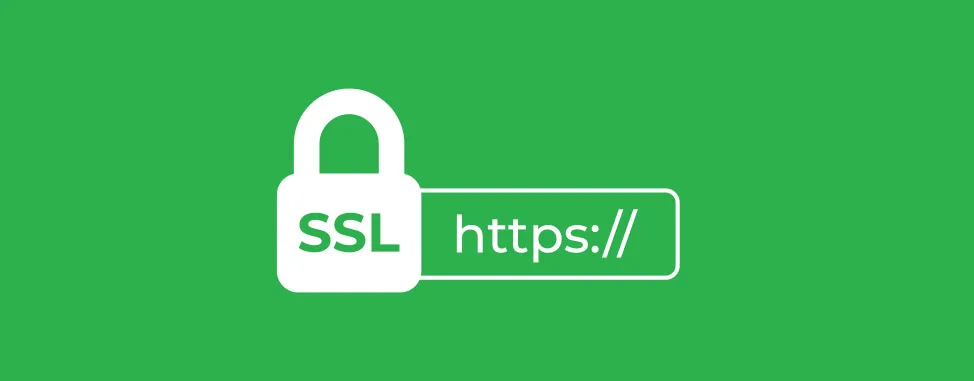
How SSL Certificates Improve SEO and Site Security
Securing a website is no longer optional in today’s digital landscape. The importance of SSL certificates, or Secure Sockets Layer certificates, has moved beyond mere data encryption. Google has made it clear that secure websites are a priority, with SSL now playing a direct role in SEO. This article explores how SSL certificates impact SEO and weighs the advantages and disadvantages of using standard texts for SSL certificate implementation.
The SEO Benefits of SSL Certificates
When it comes to SEO improvements, SSL certificates have become a critical tool for building trust and boosting rankings. Google now prioritizes websites that secure their connections, making SSL certification essential for any site serious about its online presence. Not only does SSL encryption safeguard sensitive information, but it also enhances the user experience by reducing security concerns, which can directly and indirectly improve SEO metrics.
Increased Security and Trustworthiness
Security is a primary advantage of SSL certificates. When a website is SSL-certified, any data exchanged between the server and the client is encrypted, preventing unauthorized parties from intercepting the information. This level of protection is especially vital for e-commerce websites, banking portals, or any platform handling user data. Visitors tend to trust SSL-certified sites more, which can result in lower bounce rates and higher engagement levels—both beneficial for SEO. By promoting a secure environment, SSL contributes to a website’s credibility, potentially leading to longer session times and repeat visits, key factors that Google considers when ranking sites.
Moreover, as data breaches and cybersecurity threats continue to rise, users are becoming more cautious about which sites they trust with their information. SSL certification provides a clear signal of security and professionalism, which can set a website apart in a competitive online landscape. The more secure the site appears, the more likely users are to stay longer, interact with content, and even recommend it to others, all of which positively impact SEO.
The Drawbacks of Using Standard SSL Texts
Despite the notable benefits, using standard SSL texts can present several drawbacks. For one, these generic texts lack personalization, which can make a website appear less tailored to its audience. When security notices are overly generic, they may fail to address specific user concerns or convey a brand’s unique approach to security. In today’s SEO environment, where user engagement and quality content are paramount, relying solely on standardized texts can limit a site’s ability to fully connect with visitors.
Limited Personalization and Engagement
While standard SSL texts serve a purpose in informing users of a secure connection, they may not provide the nuanced information that some audiences need. Custom messages about data privacy and security can build stronger connections, showing users that a website goes beyond basic security compliance. Personalized texts can reflect a brand’s voice, making the website experience more cohesive and enhancing the brand’s identity. When users feel more connected to the brand, they are likely to stay engaged, a factor that can indirectly boost SEO.
Additionally, using customized SSL messages tailored to specific security concerns can help retain visitors who might otherwise leave due to perceived security risks. By addressing common user anxieties, such as data privacy and protection measures, tailored SSL texts can enhance the user experience. This approach aligns with Google’s focus on prioritizing user-centric content, meaning that personalization can potentially improve SEO performance by enhancing the site’s reputation and perceived value.

How SSL Impacts SEO Beyond Security
The impact of SSL on SEO extends beyond mere data protection. By switching to HTTPS, websites send a strong signal of trust and quality. Visitors see the HTTPS padlock symbol as an indicator of safety and credibility, which can influence their decision to engage with the site. Studies show that users tend to spend more time on secure websites, which reduces bounce rates and increases dwell time, two metrics that Google considers in its ranking algorithms.
HTTPS as an Indicator of Quality
Websites using HTTPS are often perceived as professional and authoritative, which can positively influence SEO metrics. When visitors see the padlock icon in their browser, it assures them of the site’s security, encouraging them to engage without fear of their data being compromised. This psychological factor can lead to improved user behavior metrics, such as lower bounce rates and higher engagement times—qualities that Google evaluates favorably in its search rankings. SSL does not directly impact keyword rankings but significantly influences user interactions, which can have a positive effect on the site’s overall SEO.
Furthermore, Google has publicly stated that it considers SSL a lightweight ranking factor, which underscores its commitment to security as part of the overall user experience. As the web moves towards a more secure browsing experience, sites without HTTPS may be viewed as outdated or even unsafe. This shift places SSL at the forefront of a positive SEO strategy, making it a key element for any website aiming to remain competitive in search engine results.
